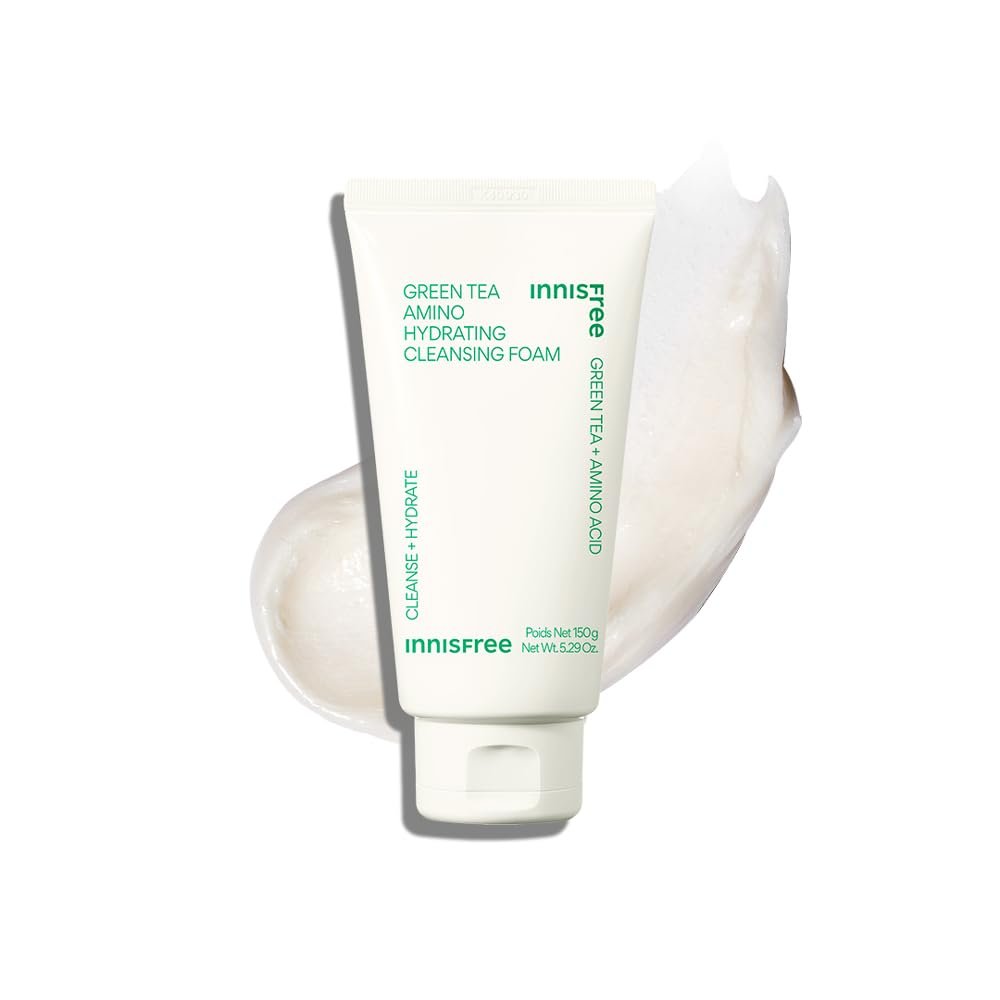In today’s fast-paced world, where stress, anxiety, and emotional overwhelm are becoming increasingly common, journaling has emerged as a simple yet profoundly effective tool for emotional release. This timeless practice goes beyond mere note-taking — it serves as a sanctuary for self-expression, emotional healing, and personal growth.
Journaling can benefit anyone, whether you’re navigating a difficult time, seeking clarity, or aiming for emotional balance. In this article, we’ll delve into the many ways journaling fosters emotional release, enhances mental health, and transforms lives.
What Is Journaling?
Journaling involves recording your thoughts, feelings, and experiences in a structured or freeform manner. While the medium can vary — digital apps, handwritten notebooks, or even voice recordings — the core purpose remains the same: to provide an outlet for your innermost emotions.
Journaling doesn’t require exceptional writing skills or elaborate techniques. All it demands is honesty and consistency.
The Connection Between Journaling and Emotional Health
Journaling acts as a bridge between your internal world and external reality. When emotions are bottled up, they can manifest as stress, anxiety, or even physical symptoms. Writing provides an outlet, allowing you to release pent-up feelings and gain clarity.
Scientific studies have demonstrated that journaling can lower cortisol levels, improve mood, and enhance overall emotional resilience. By putting emotions into words, you begin to process them, turning chaos into coherence.

Benefits of Journaling for Emotional Release
1. Provides a Safe Space for Expression
Journaling offers a judgment-free zone where you can articulate your deepest thoughts and feelings without fear of criticism. This freedom encourages honesty and vulnerability, fostering emotional release.
For instance, you might struggle to voice certain feelings in a conversation, but writing them down allows you to confront and acknowledge them. This act of self-expression is the first step toward emotional healing.
2. Reduces Stress and Anxiety
Writing about stressful experiences can significantly reduce the intensity of negative emotions. By externalizing your worries, journaling helps you distance yourself from them, making them feel more manageable.
A popular method for stress relief is the brain dump. In this approach, you write down everything occupying your mind — tasks, worries, and emotions — clearing mental clutter and creating space for calm.
3. Promotes Self-Awareness
Journaling fosters introspection, allowing you to identify patterns in your thoughts, emotions, and behaviors. Over time, you’ll recognize recurring triggers and responses, empowering you to make intentional changes.
For example, keeping a mood journal can help you pinpoint what elevates or diminishes your mood, enabling you to craft a lifestyle that supports emotional well-being.
4. Encourages Emotional Release
Suppressing emotions can lead to long-term mental and physical health issues. Journaling provides an outlet to release these emotions in a healthy, constructive way.
By writing about painful experiences, you allow yourself to process and release the associated feelings, reducing their hold over you. Expressive writing is particularly effective for coping with grief, anger, or heartbreak.
5. Boosts Problem-Solving Skills
When emotions cloud your judgment, decision-making becomes challenging. Journaling allows you to untangle complex situations by organizing your thoughts and exploring potential solutions.
Techniques like pros-and-cons journaling or future self-dialogue can help you weigh options and gain clarity, making problem-solving more efficient.
6. Strengthens Emotional Resilience
Regular journaling builds emotional resilience by helping you navigate life’s challenges with a clear mind and an open heart. Reflecting on past entries reveals how you’ve overcome difficulties, reinforcing your confidence and adaptability.
This practice transforms setbacks into lessons, encouraging a growth mindset.
7. Improves Communication Skills
By articulating your emotions on paper, journaling enhances your ability to express yourself in conversations. You become more aware of your feelings and more skilled at conveying them, improving relationships and reducing misunderstandings.
8. Encourages Gratitude and Positivity
Gratitude journaling involves listing things you’re thankful for, shifting your focus from what’s wrong to what’s right. This practice fosters a positive outlook, enhancing overall emotional well-being.
A simple daily habit of jotting down three things you’re grateful for can rewire your brain to notice and appreciate the good in your life.
Types of Journaling for Emotional Release
Different journaling styles cater to various emotional needs. Here are some effective methods to explore:
1. Stream-of-Consciousness Journaling
Write freely without worrying about grammar or structure. This technique allows you to pour out your thoughts and emotions as they come, offering immediate relief.
2. Prompt-Based Journaling
Using prompts can guide your journaling practice and help you explore specific emotions or experiences. Examples include:
- What’s currently weighing on my mind?
- How did I feel today, and why?
- What’s one thing I need to let go of?
3. Gratitude Journaling
Focus on the positive aspects of your life by listing things you’re grateful for. This practice shifts your mindset toward appreciation and abundance.
4. Mood Journaling
Track your emotions daily to identify patterns and triggers. This approach helps you understand how external factors influence your feelings.
5. Letter Writing
Write letters to people you’re emotionally tied to — whether they’re loved ones, estranged friends, or even yourself. You don’t need to send these letters; the act of writing is what fosters release.
The Science Behind Journaling and Emotional Health
Research supports the efficacy of journaling for emotional release:
- Stress Reduction: A study in the journal Psychosomatic Medicine found that expressive writing reduces cortisol levels, alleviating stress.
- Improved Emotional Clarity: Writing activates the prefrontal cortex, helping you process emotions more effectively.
- Enhanced Resilience: Journaling about traumatic experiences has been shown to reduce symptoms of PTSD and increase emotional resilience.
Incorporating Journaling Into Your Routine
To reap the benefits of journaling, consistency is key. Here’s how to integrate it into your daily life:
1. Choose Your Medium
Decide whether you prefer pen and paper, a digital app, or a combination of both. The choice should feel natural and accessible.
2. Set Aside Time
Dedicate 10–20 minutes daily or weekly to journaling. Treat this time as a sacred space for self-reflection and emotional care.
3. Create a Comfortable Environment
Find a quiet, comfortable space where you can journal without distractions. This setting helps you focus and fosters a sense of safety.
4. Be Honest
Authenticity is crucial. Write without filtering your thoughts or judging yourself. Remember, your journal is a private space.
5. Experiment With Techniques
Don’t feel confined to one style of journaling. Experiment with various methods to find what resonates with you.
Common Challenges and How to Overcome Them
1. Writer’s Block
If you’re unsure where to start, use prompts or start with a simple sentence like, “Today I feel…”
2. Inconsistency
Set reminders or tie journaling to an existing habit, such as your morning coffee or bedtime routine.
3. Fear of Vulnerability
Remind yourself that your journal is a safe, private space. Start small and gradually open up as you feel more comfortable.
Success Stories: How Journaling Transforms Lives
Countless individuals have experienced profound emotional healing through journaling. From overcoming grief to managing anxiety, the practice has empowered people to reclaim their emotional health.
For instance, actor Emma Watson has credited journaling with helping her process emotions and gain clarity during challenging times, while many mental health professionals recommend it as a complementary therapy.
Journaling is more than just a therapeutic tool — it’s a transformative journey toward emotional clarity, resilience, and balance. Whether you’re seeking stress relief, self-discovery, or a safe outlet for expression, journaling can be your trusted companion.
By making journaling a consistent part of your routine, you’ll unlock its full potential to nurture your emotional well-being and enhance your overall quality of life.
So grab a notebook, start writing, and experience the liberating power of putting pen to paper. Your emotional health will thank you.














